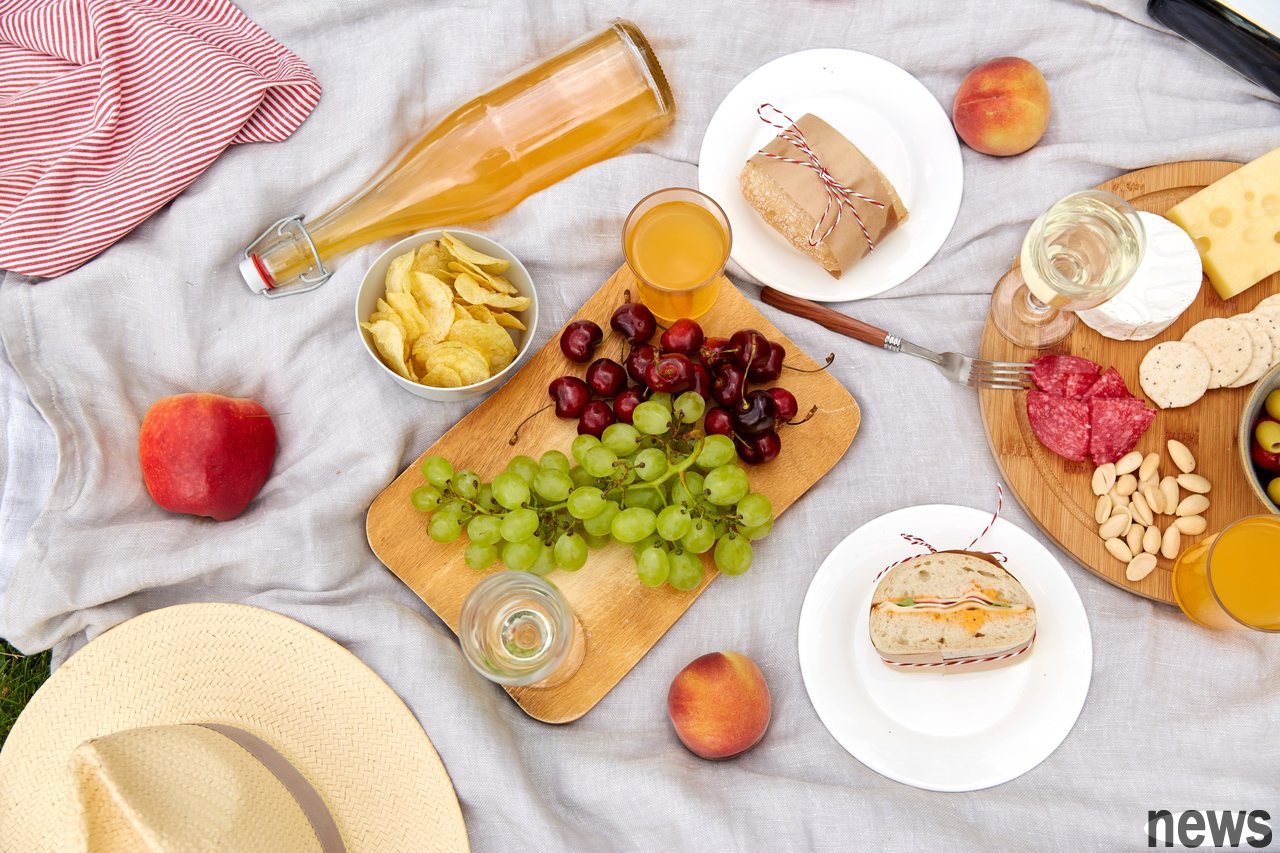
When you go to the sea to play in the hot summer, you should pay special attention. Foods that are exposed to the household may change due to sunlight and high temperatures. When food is left in an unsafe temperature range for too long, pathogenic bacteria may grow to dangerous levels. These pathogens include salmonella, E. coli, campylobacter, Clostridium perfringens, Staphylococcus aureus, etc., which can cause abdominal distension and vomiting.
Bacteria reproduce rapidly at 4 degrees Celsius to 60 degrees, and food is perishableNBC NewsSincere medical journalist John Doctor Torres pointed out that bacteria reproduce most rapidly within the "hazardous range" of 4 degrees Celsius to 60 degrees Celsius (40 degrees to 140 degrees Celsius), and the agricultural department recommends that perishable food should not leave the refrigerator for more than two hours. According to
TODAY.com, if the surrounding temperature is higher than 32 degrees Celsius, this is quite common in the sea, so food should not be left for more than an hour. Toris recommends using high-quality, removable cold boxes when going to the sea to play, but it is difficult to ensure that the temperature is controlled below 4 degrees Celsius throughout the day, so he suggests that the following foods should not be taken to the sea to enjoy.
Picnic at the seaside. Doctors do not bring these five foods1. Cold-cut meat. If there is cooked or cold-cut meat in the sandwich, such as sliced hot chicken, ham, chicken, roast beef, Italian scented, bacon or bologna scented foods, these foods need to be refrigerated before consumption.
2. Fresh salads. Fresh salads contain raw foods such as green vegetables, which are not suitable for being brought to the sea. The salad will not only wither and become moisturized at high temperatures, but also the bacteria contained in them will reproduce rapidly in a high temperature environment.
3. Foods containing meanitus, such as potato salad made with meanitus, always raises many problems. Although meanitus was originally placed on non-refrigerated shelves, any salad or food containing meanitus can only be left for two hours at a temperature above 4 degrees Celsius, otherwise it should be abandoned.
4. Uncooked meat
Boiling is the favorite seaside event for many people, but bringing a bunch of raw Hanburger or chicken is not a good idea, and Toris does not recommend taking raw or uncooked meat to the sea. If you still want to bring raw meat to the sea for roasting, you must store it in a cold box with a temperature of 4 degrees Celsius, seal it, and separate the raw meat from other foods in the cold box that do not need to be cooked.
5. Pre-cut fruit
Pre-cut fruit may contain foodborne pathogens such as Rosemary Salmon. After the fruit is cut, the surface bacteria may be transferred to the flesh. Sliced fruits are hotter and will attract saplings. It is recommended to bring a whole fruit to the sea and cut them open to ensure that both hands and knives are clean.
Next:You may have allergies, probably caused by fruit! The "5 most susceptible fruits" of the Chinese are revealed to be the first favorite in summer and strawberries are also on the list